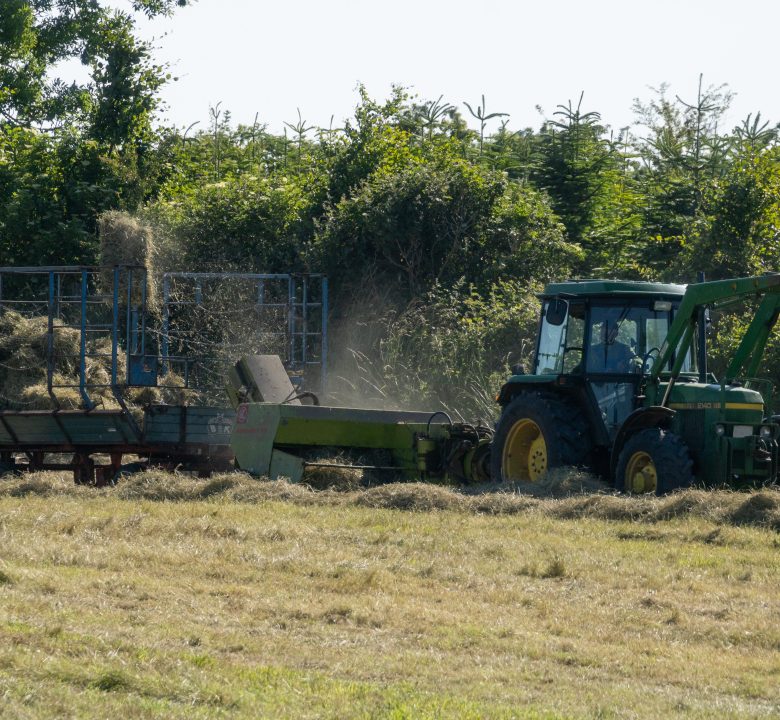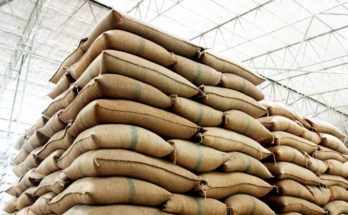Maximizing Returns on Investment in Africa
April 1, 2023Seed Processing Agribusiness Model
April 1, 2023As a gardening enthusiast, you’ve likely heard of compost tea, but what exactly is it and why is it important? Compost tea is a nutrient-rich liquid that is produced by steeping compost in water, much like brewing tea. The compost tea is then used to water plants and improve soil health. In this article, we’ll dive deeper into the benefits of compost tea producers and why you should consider incorporating them into your gardening routine.
What is Compost Tea and How is it Made?
Compost tea is a mixture of compost, water, and beneficial microorganisms. The compost is steeped in water, usually for 24 to 48 hours, allowing the microorganisms and nutrients from the compost to seep into the water. After steeping, the compost tea is strained, and the resulting liquid is used to water plants or as a soil drench.
The process of making compost tea is straightforward and can be done using either an aerated or non-aerated method. Aerated compost tea involves adding oxygen to the mixture, which helps to grow and activate beneficial microorganisms in the compost. Non-aerated compost tea is simply made by steeping compost in water, but this method doesn’t provide the same level of microorganism activation.
Why Use Compost Tea Producers?
There are many benefits to using compost tea producers in your gardening routine. Here are just a few of the most significant:
Improves Soil Health
One of the primary benefits of compost tea is that it helps to improve soil health. By adding compost tea to your soil, you’re providing a boost of beneficial microorganisms, which help to break down organic matter and improve soil structure. This can lead to healthier plants and improved yields.
Reduces the Need for Chemical Fertilizers
Another benefit of compost tea producers is that they reduce the need for chemical fertilizers. Chemical fertilizers can be harsh on the environment and can also lead to soil degradation over time. By using compost tea, you’re providing your plants with a natural source of nutrients, which can lead to healthier plants and improved yields.
Promotes Plant Growth
Compost tea producers can also help to promote plant growth. The beneficial microorganisms in compost tea help to break down organic matter, which makes it easier for plants to absorb nutrients. This can lead to improved root development, stronger stems, and larger yields.
How to Choose a Compost Tea Producer
When choosing a compost tea producer, there are several factors to consider, including the type of compost used, the type of aeration, and the size of the unit. Here are a few things to keep in mind:
Type of Compost Used
It’s important to choose a compost tea producer that uses high-quality compost. Look for compost that is made from a mixture of leaves, grass clippings, kitchen waste, and other organic matter. Avoid compost that contains synthetic fertilizers or other chemicals, as these can be harmful to your plants.
Type of Aeration
As mentioned earlier, there are two types of compost tea producers: aerated and non-aerated. Aerated compost tea producers are more effective, as they provide a constant supply of oxygen to the mixture, which helps to activate beneficial microorganisms. Non-aerated compost tea producers are simpler and less expensive, but they don’t provide the same level of microorganism activation.
Size of the Unit
When choosing a compost tea producer, it’s important to consider the size of the unit. If you’re a small-scale



